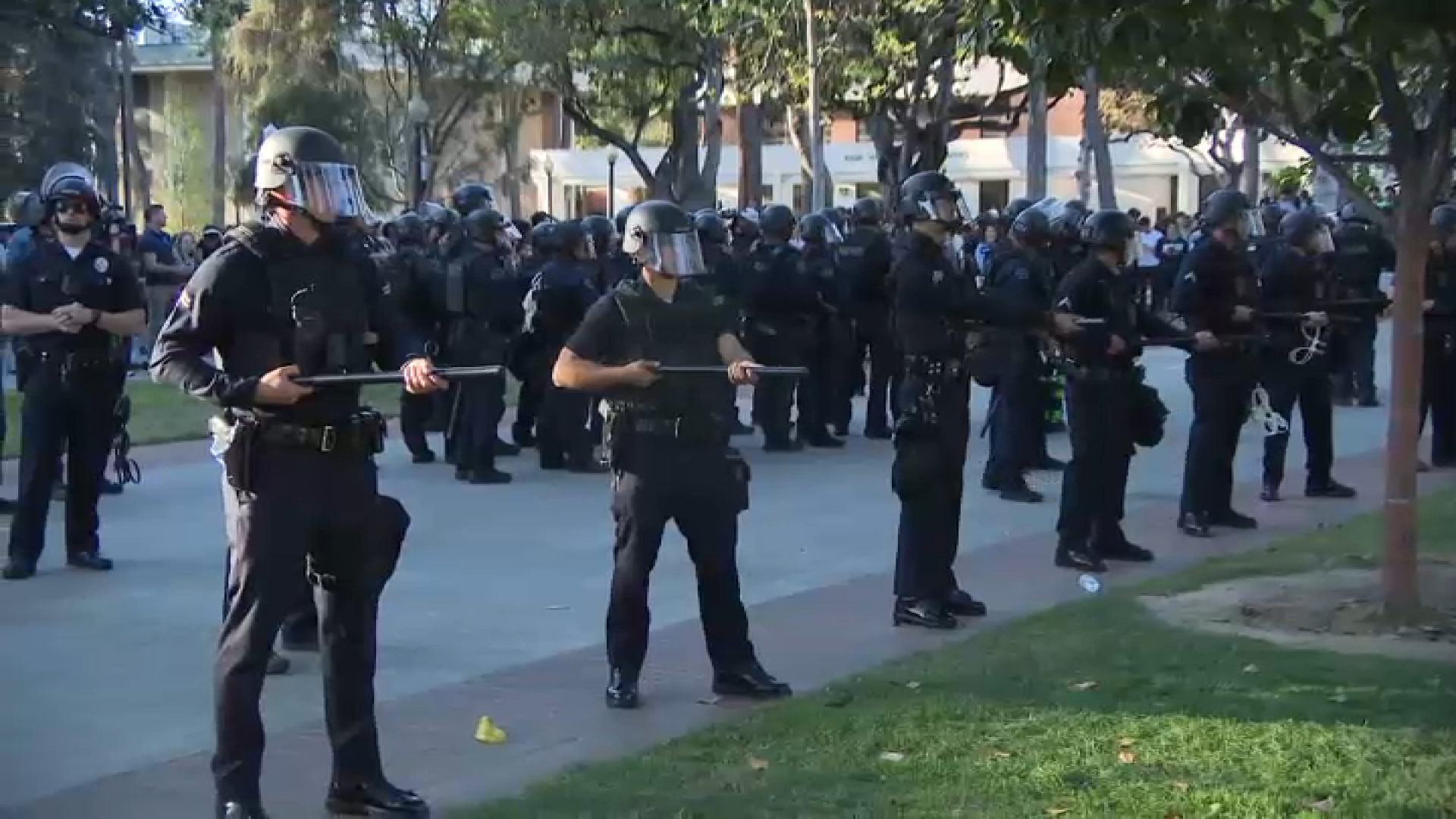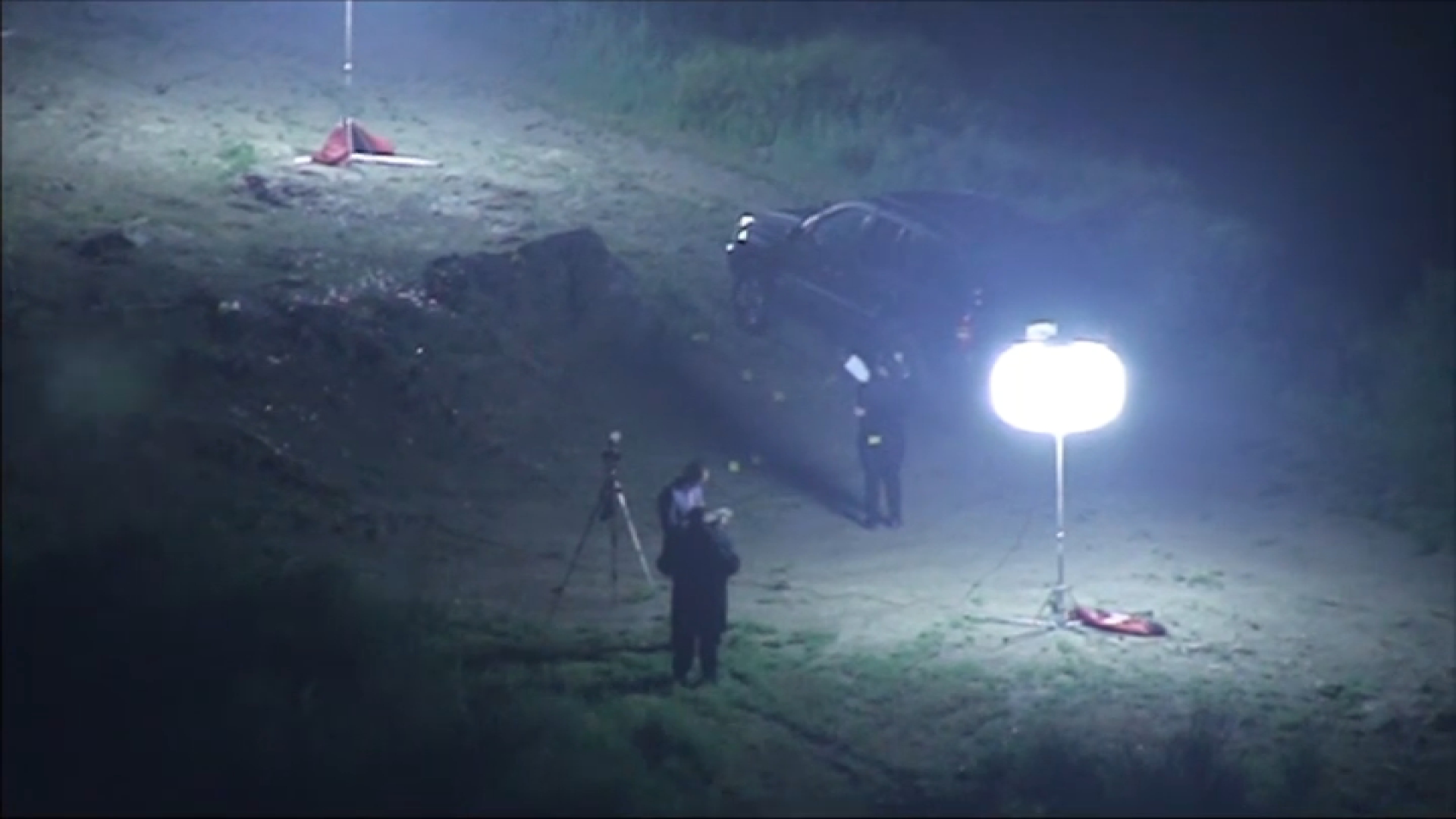What to Know
- Congestion pricing is one method the board is considering to help fund the "28 by '28" initiative.
- Congestion pricing is likely to have a wide impact on the daily commutes of millions of residents.
- The pricing plan could include taxing drivers based on the number of miles they travel.
The Metro Board of Directors agreed unanimously Thursday to move forward with two feasibility studies on raising the cost of either driving in a vehicle or riding in an Uber or Lyft in Los Angeles County.
Congestion pricing and levying a tax on companies like Uber and Lyft -- referred to as Transportation Network Company rides -- are steps other jurisdictions have undertaken, according to Metro staff reports, which noted that Chicago levies a tax of 67 cents per trip on TNCs and congestion pricing has been successful in other cities, including Stockholm.
Congestion pricing is likely to get a lot of attention and be a polarizing idea because it could have a wide impact on the daily commutes of millions of residents. The pricing plan could involve a number of methods, including taxing drivers based on the number of miles they travel, or charging a fee for motorists to enter certain neighborhoods -- such as creating boundary around a central district and then charging vehicles to cross that boundary.
Congestion pricing is one method the board is considering to help fund the "28 by '28'' initiative that aims to complete 28 key road, transit and bicycle/pedestrian projects in time for the 2028 Summer Olympics in Los Angeles. Many of the projects already are scheduled to be finished by 2028, but some would need accelerated funding to make the goal.
Metro Board member and Los Angeles Mayor Eric Garcetti said he hoped the discussions on the Olympics and congestion pricing could be kept separate.
"I speak about both of these, but I want to be clear that my private and public conversations have mirrored that these should be parallel, independent efforts, that folks think that `28 by '28' is about congestion pricing, or congestion pricing is about that," Garcetti said. "These are distinct efforts and it's important that our constituents understand that. They're both too important, they're both too difficult, they're both too critical to collapse them together."
Local
Get Los Angeles's latest local news on crime, entertainment, weather, schools, COVID, cost of living and more. Here's your go-to source for today's LA news.
Metro board member and Inglewood Mayor James Butts expressed some hesitation at the idea of a TNC tax, as it could impact visitor access to the large entertainment venues in his city, which includes The Forum, a new NFL stadium under construction and a proposed arena for the Los Angeles Clippers. He also said the Metro tax may preempt cities in the county from regulating TNCs.
"There may be an unintended consequence that we haven't thought out and I just want to put that out for the board to think and consider when we bring this back," Butts said.
According to a Metro staff report, the TNC tax could discourage single-use TNC rides and, instead, encourage pooled rides and mode shift to transit services, while the revenues could be "reinvested to improve the quality, reliability, safety and convenience of transit services and walking and biking access."
For congestion pricing, a Metro staff report said that it "can be a method of dramatically improving equity, mobility, and environmental outcomes to achieve Metro's strategic goals in the near-term, while also providing revenues for long-term capital projects."



